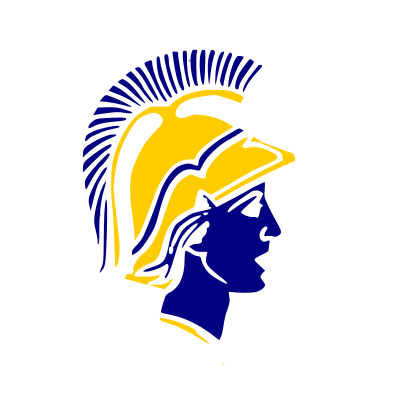Learning Goals
At the beginning of the semester, we laid out five questions that we hoped to have answered by the end of the semester. Here you will find my original five answers, as well as my attempt at answering them now that the class is complete.
What are the biggest problems that librarians face when trying to establish or manage an online community?
This question was a huge eye-opener for me. Going into academic librarianship and having a particular interest in digital librarians means that these will likely be issues that I come across in my work as a librarian. Some of the big ones that stood out to me in terms of establishing and managing online communities were:
- Being conscious about what you're posting. Twitter, Facebook, and Pinterest shouldn't just be loads of marketing attempts or program advertising. One difficulty librarians can face is in contributing diverse enough content to keep their online audience interested.
- Taking social media seriously. By putting things like tweets, Facebook statuses, and new Pinterest pins on the back burner, librarians aren't thinking of using social media as a serious way to connect with their audience. Social media usage should factor into a library's marketing and outreach planning just as firmly as their website's banners, flyers on community bulletin boards, and word of mouth.
- Failing to create a detailed social media plan. This folds into the above point. Some libraries will simply tack on social media responsibilities to whomever is sitting at the circulation or reference desk, instead of assigning one person to do nothing but manage social media accounts. This means that tweeting, sharing images, and engaging with the virtual communities happens at a slower pace, and only when other work (usually pertaining to the phyiscal library) has already been accomplished.
- Handling trolls or bullies. There doesn't seem to be a clear consensus on handling online trolls. Should they be ignored, or shut down? Should those users be outright banned, or simply reprimanded?
How can those problems be avoided?
The primary way I see these issues being avoided is by:
- Seriously integrating social media outreach into marketing plans
And
- Assigning specific individuals to manage social media accounts, with the expectation that they will create and stick to schedules regarding when to post, what to post, and how to post
Because social media has become such an integrated part in so many of our lives, there should also be an expectation that these individuals will regularly read up on articles (academic or non) in order to stay in the loop regarding social media trends and how they can better serve their online communities.
What difficulties do libraries face in maintaining a professional, but also approachable online personality?
The first way this has to be looked at is in looking at ways in which libraries can behave *unprofessionally* online.
- Engaging in inappropriate dialogue with obvious trolls
- Posting or sharing content that is not relevant to libraries (and at it's worse, is offensive to the library's community)
- Dismissing legitimate concerns of patrons
- Failing to provide adequate information to the virtual community
For the majority of the above issues, taking a serious look at a social media plan is vital. One element of such a plan should include how librarians should engage with the community online. After all, when on Twitter or Facebook, they aren't So and So, Head Librarian. They're a spokesperson for that library, and should respond as a voice for that library.
Remaining active and engaging in an online community is a strong way to maintain a presence - both to deter harassment, and to encourage open dialogue. By installing one librarian - or a team of librarians - this presence can be easily maintained.
The second part of the question is how to remain professional, yet friendly or approachable. I believe the best way to do this is to engage in conversation with online users, but also provide content that isn't immediately related to the library. By sharing videos or articles that are about librarianship in general, libraries are able to present the idea that they aren't just using social media as a means of advertisement. By doing this, patrons can see that their libraries are interested in pursuing a sustainable relationship with the community, not just reaching a marketing quota.
Which social media tools (or online tools in general) can librarians can use to start a dialogue with patrons about responsible use of virtual resources?
Librarians can, and should, start with two of the largest social media sites available - Facebook and Twitter. These are websites that allow for anyone to both share content that they see as important, but also to start a conversation. Facebook allows for more characters when posting an article or video, giving libraries the opportunity to not only share media but present some extensive questions and provide supplemental articles (or other materials).
Twitter is more limiting, but also more creative. Libraries can easily share those same videos or articles, but then can also create unique hashtags for their audience to use to connect with one another. This allows for users to easily contribute to the conversation, while also viewing what's already been said.
How can librarians better serve their distance patrons?
More communication! The more libraries engage with their virtual communities, the more they can show those individual members that they are being listened to and acknowledged. Instead of simply posting, sharing, or retweeting media, libraries can pose questions or create fun contests encouraging their audience to participate in a larger conversation about libraries.
This can ultimately be accomplished by creating a social media plan which sets up time for sharing and posting content, but also sets aside time for responding to questions, acknowledging feedback, and communicating with users who have reached out.
Click here to return to the Virtual Communities Resource Center page

